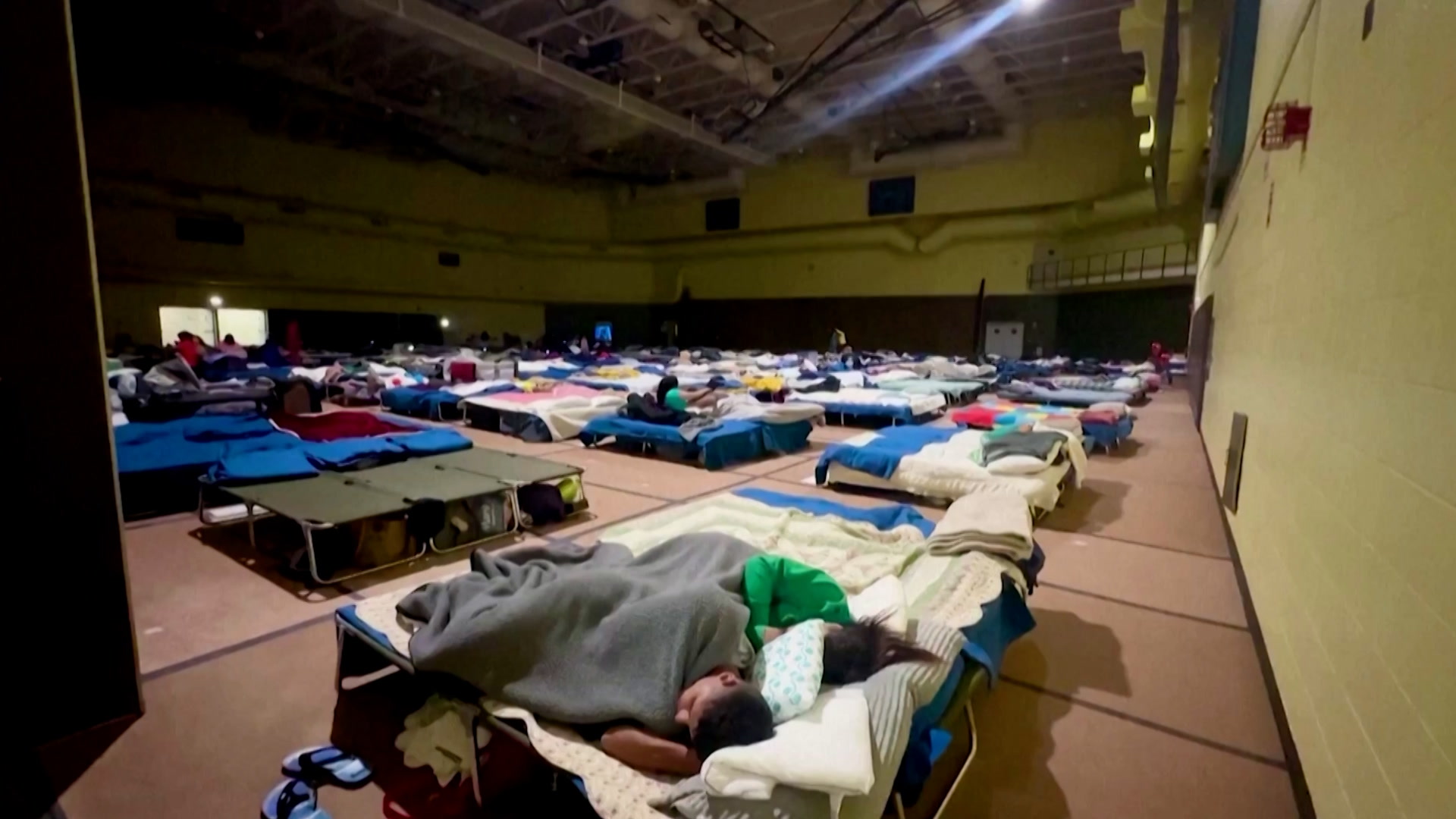George Floyd: America's racial inequality in numbers

These 11 statistics that show the state of racial inequality across the U.S. Image: REUTERS/Jonathan Ernst TPX IMAGES OF THE DAY - RC2YZG9MI80O

Get involved with our crowdsourced digital platform to deliver impact at scale
Stay up to date:
Human Rights
- The death of George Floyd has sparked protests and riots across the US and cities around the world.
- It has reignited anger over long-standing social and economic racial inequality.
- The 11 statistics outlined below show just how big these gaps can be.
Protests over the death of George Floyd, an unarmed black man who died while in police custody in Minneapolis last week, have spread to dozens of cities in the United States and other world cities.
Floyd's death, at the hands of a white police officer who knelt on his neck for nearly nine minutes, has reignited anger over longstanding social and economic inequality between the country's white and black communities.
More than 40 million black people live in the United States, making up about 13% of the nation's population.
From education to home ownership, here are eleven statistics that show inequality among black and white Americans:
- Black adults, especially black men, are far more likely to end up in jail than white adults. In 2018, there were 1,501 black prisoners for every 100,000 black adults - more than five times the rate among whites.
- About three in every five black men say they have been unfairly stopped by the police because of their race, according to a 2019 survey by the Pew Research Center. Also, about eight in every ten black people, with at least some college education, say they have been discriminated against because of their race.
- The home ownership gap between blacks and whites has widened since 2004 and black families are less likely than white families to own their own house. Today, 41% of black households own their own homes, compared with nearly 72% for whites.
- Black households have only 10 cents in wealth for every dollar held by white households, according to 2016 data. In 2016, the median wealth of non-Hispanic white households was $171,000 - 10 times the wealth of black households ($17,100).
- COVID-19 has disproportionately affected black men and women in terms of deaths from the disease and unemployment rates during the pandemic.
- By the end of May, the COVID-19 mortality rate for black Americans (1 in 1,850) was 2.4 times as high as the rate for white Americans (1 in 4,400).
- In April, the black unemployment rate was nearly 17% compared with a white unemployment rate of 14%.
- Over the past two decades, the wage gap between black and white workers has grown significantly. For example, in 2018 the median weekly earnings for full-time workers was $694 for black Americans, compared to $916 for white Americans.
- In 2017, black women earned less than white women, with the median annual earnings for full-time black women workers was just over $36,000 - 21% lower than that of white women.
- Black women in the United States are more than 3 times as likely to die from pregnancy-related causes than white women.
- Black students are less likely to graduate from high school than white students. In 2018, 79% of black students graduated from high school in comparison to 89% among white students.
SOURCES: Pew Research Center; Centers for Disease Control and Prevention (CDC); The Economic Policy Institute; APM Research Lab; U.S. Bureau of Labor Statistics.
Don't miss any update on this topic
Create a free account and access your personalized content collection with our latest publications and analyses.
License and Republishing
World Economic Forum articles may be republished in accordance with the Creative Commons Attribution-NonCommercial-NoDerivatives 4.0 International Public License, and in accordance with our Terms of Use.
The views expressed in this article are those of the author alone and not the World Economic Forum.
Related topics:
The Agenda Weekly
A weekly update of the most important issues driving the global agenda
You can unsubscribe at any time using the link in our emails. For more details, review our privacy policy.
More on Human RightsSee all
John Letzing and Minji Sung
April 9, 2024
Marie McAuliffe
April 8, 2024
Liam Coleman
March 7, 2024
Kate Whiting
July 12, 2023
Christa Odinga-Svatenson and Diana Alvarez
June 20, 2023






